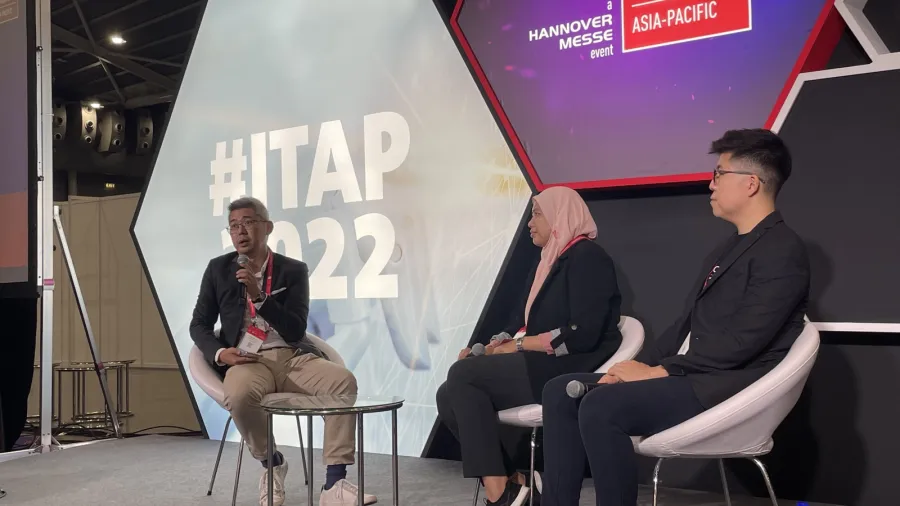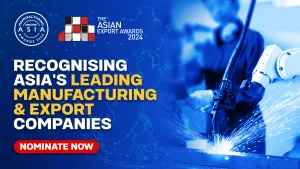
Investing in human capital is key to Malaysia’s manufacturing sector success
Experts advise striking the right partnerships will elevate manpower in Industry 4.0 transformation.
Industry 4.0 transformation in Malaysia is not just about convincing bosses in businesses to buy cutting-edge technology but also about investing in human capital.
This was what manufacturing experts talked about in a recently concluded panel discussion at the Industrial Transformation Asia Pacific 2022 led by moderator Yap Keng Teck, programme director for Bizsphere Brand and Marketing Group.
Yap said when it comes to machines, there are a lot of options that can be explored but hiring people to work in manufacturing is the most challenging for small and medium-sized enterprises in Malaysia.
Responding to this, Lee Eu Harn of Auk Industries underscored human capital whilst there is a growing need to modernise.
“It's the most critical element for a very successful digital transformation or business transformation. In our opinion, [it is] the human capital. You can have the best-in-class technology, [but have] guys who don't know how to read the data… You cannot choose a technology that's too complex,” he said.
Adding to the conversation was Suwaibah Ghaffar, general manager of innovation for Markaids. She said highly skilled and trained people will optimise performance in manufacturing businesses.
She explained that manpower can keep up with new tech and machines that are inevitably integrated into manufacturing.
“I would say, quite traditional, our machine now is still semi-automated. So, by embarking on this journey, we want to make our people trained, highly skilled, and we want to optimise our processes, as well as optimise our costing and of course to grow the business,” she said.
“I think we should do the foundation first, which is to improve our current production first, then only then do we buy the machines,” she added.
Suwaibah said one key factor to find the best way to improve manpower’s skills is by working with the right partnerships.
“We don't have any engineering team, so it's quite overwhelming… because we're mostly scientists. If you partner with the right people, you can leverage the technical part to certain providers or even partner with universities,” she explained.
If all these factors are taken into consideration, these will all play in favour of Malaysia and the continued growth of its manufacturing industry.
“Then you can expedite [to the point that] you don't have to have your team as well. Overall, you also have to train your internal committee, as well as partner with suitable partners,” she concluded.
Asian powerhouse
Malaysia has long seen success in its manufacturing sector, with the industry becoming the driver for the economy’s continued rise alongside its Asian counterparts.
The Malaysian government launched an industry-forward programme in 2018 about Industry 4.0. The national policy seeks to boost the industry for manufacturing companies in Malaysia. Since then, several programmes have been established.
Three key industries have embarked on the industry and participated in the programme, specifically food and beverage, metal fabrication, and chemical and plastic.
Amidst tech-related advancements, Lee said zeroing in on the objective of the business will help provide an overall direction for the company.
“Unfortunately, because the technologies are way too advanced and sometimes inaccessible… the fact is we need to be business objective focused instead of technology-focused,” he said.
“The key thing is identifying what your business pain point is. Different clients have different business pain points and objectives that they would like to solve. Some clients may focus on [improving] the productivity of machines and production lines…” he added.



















